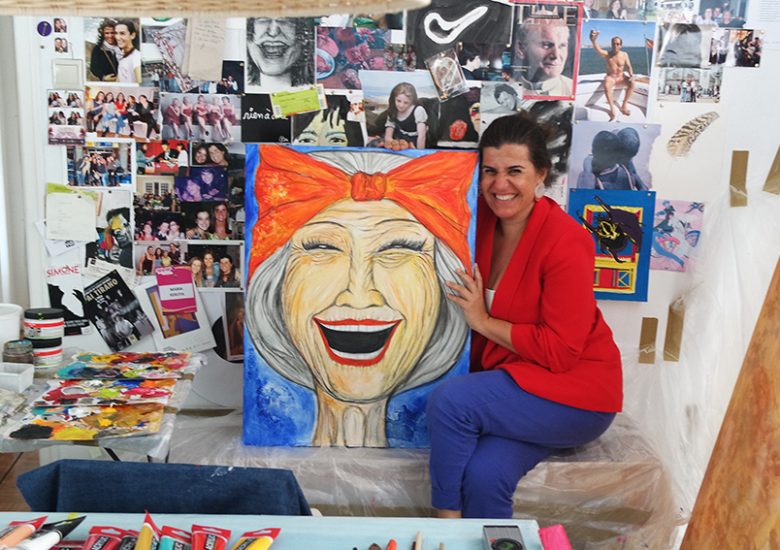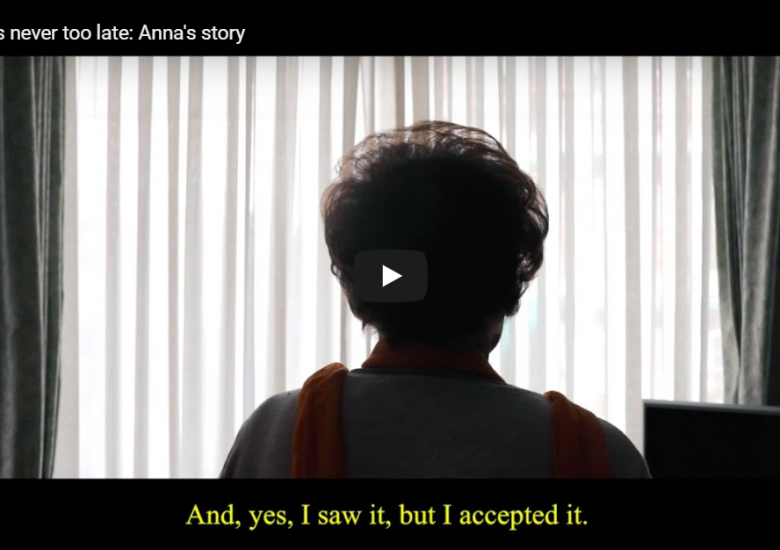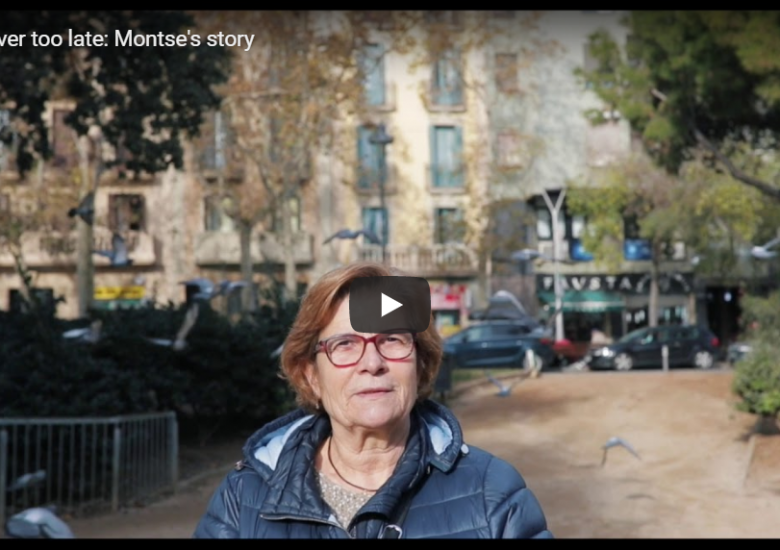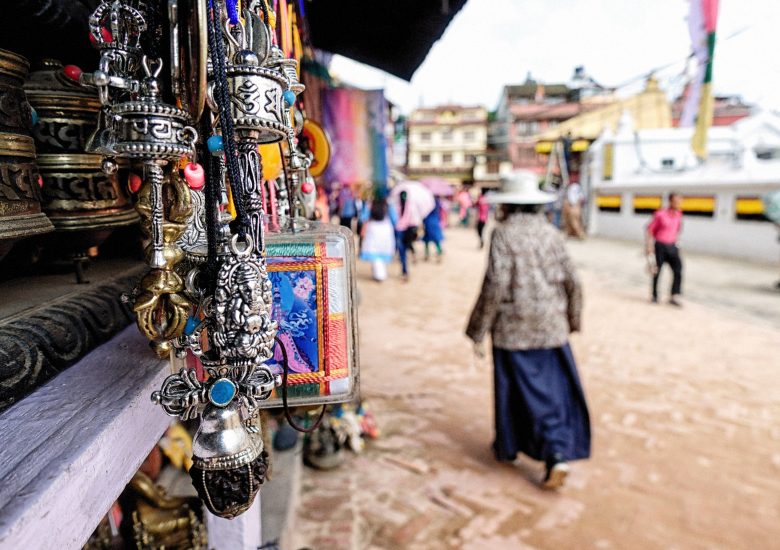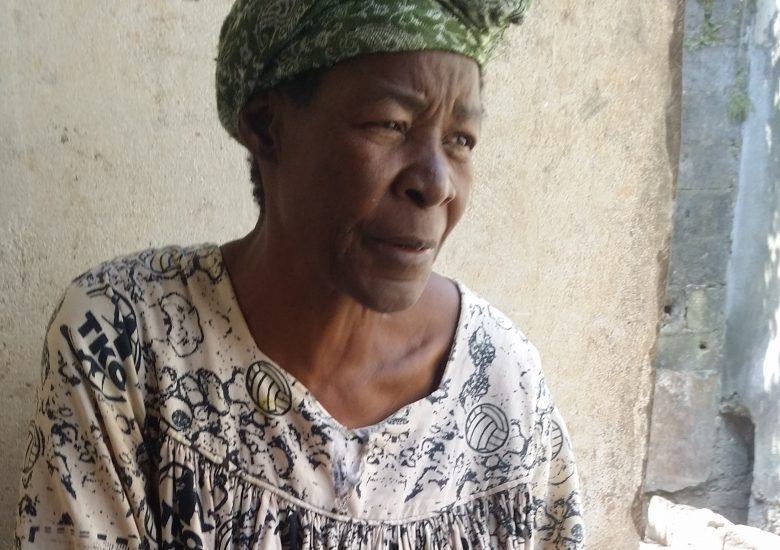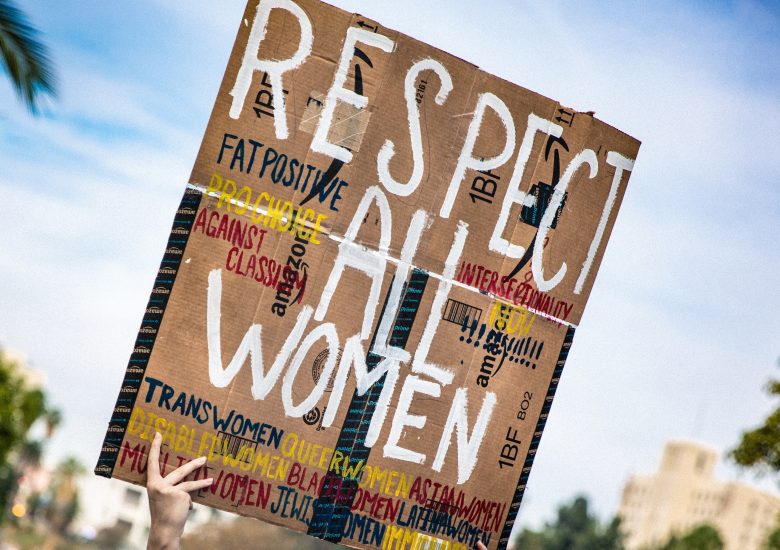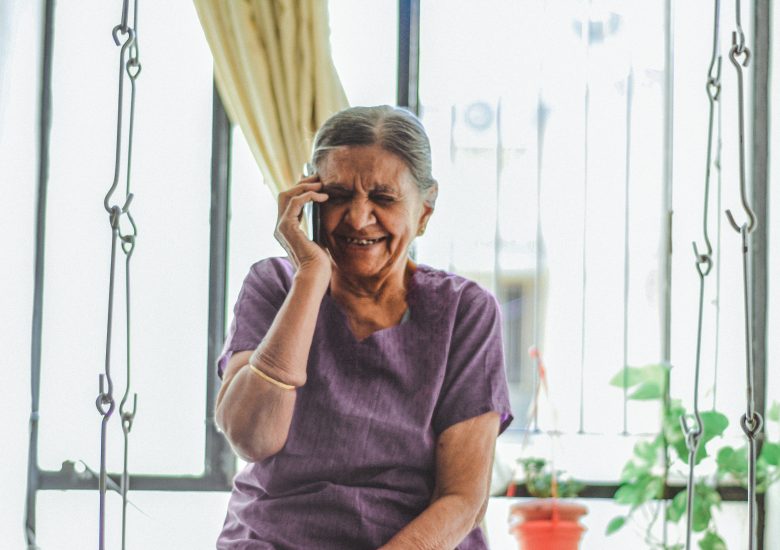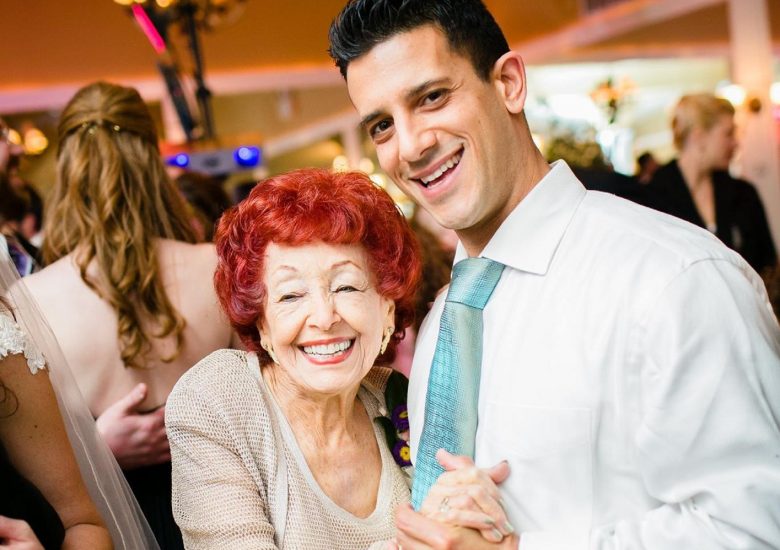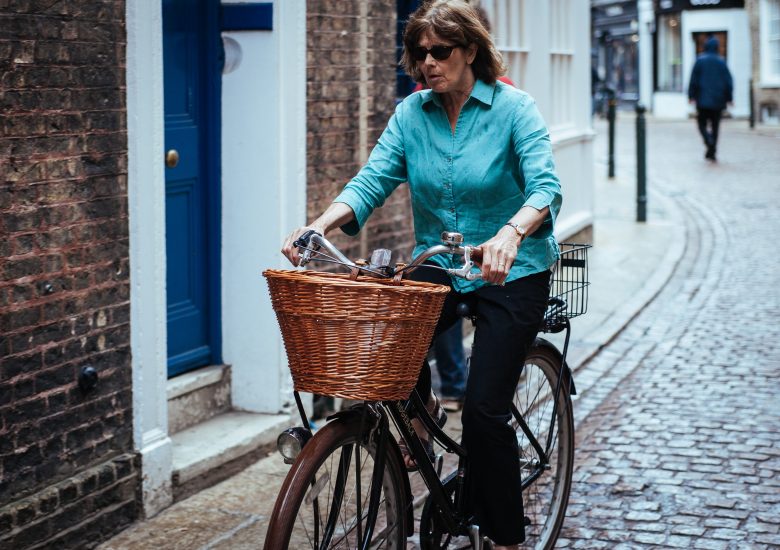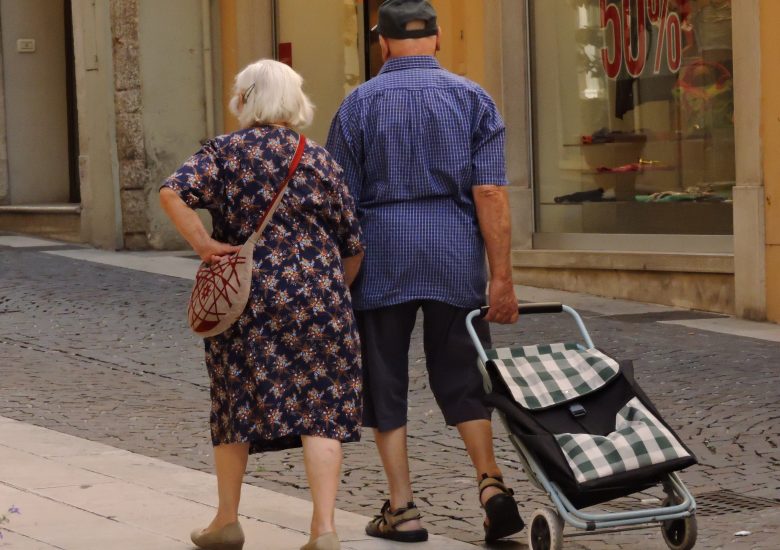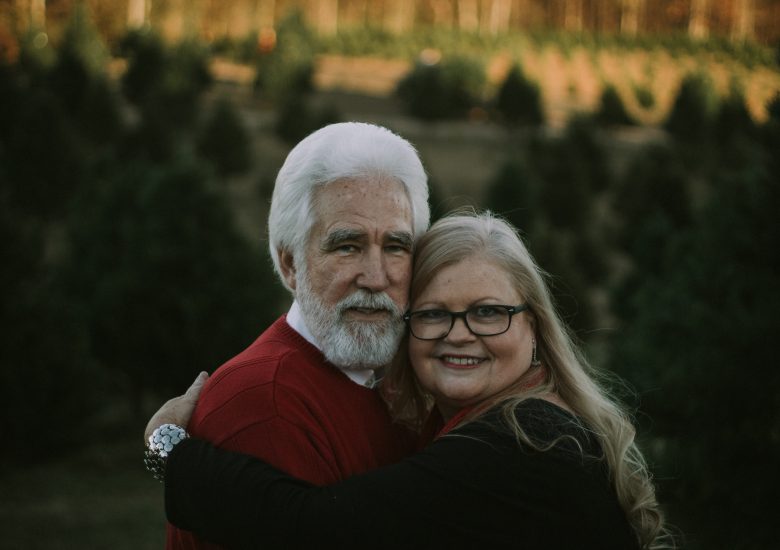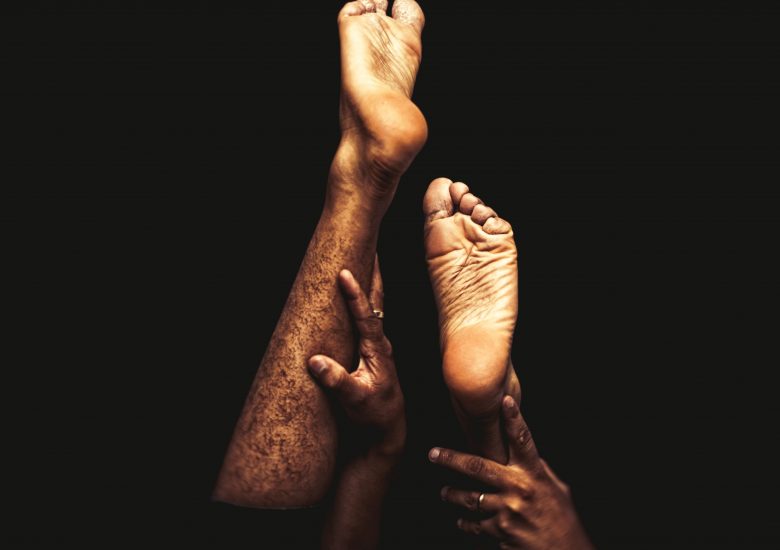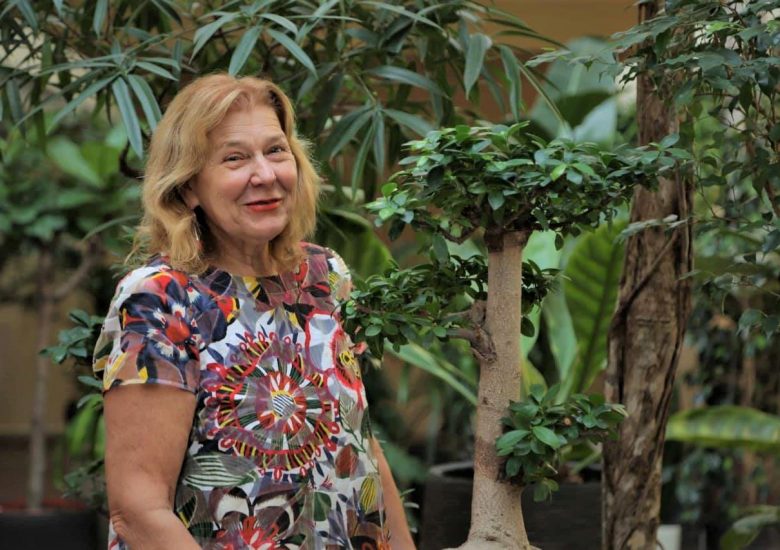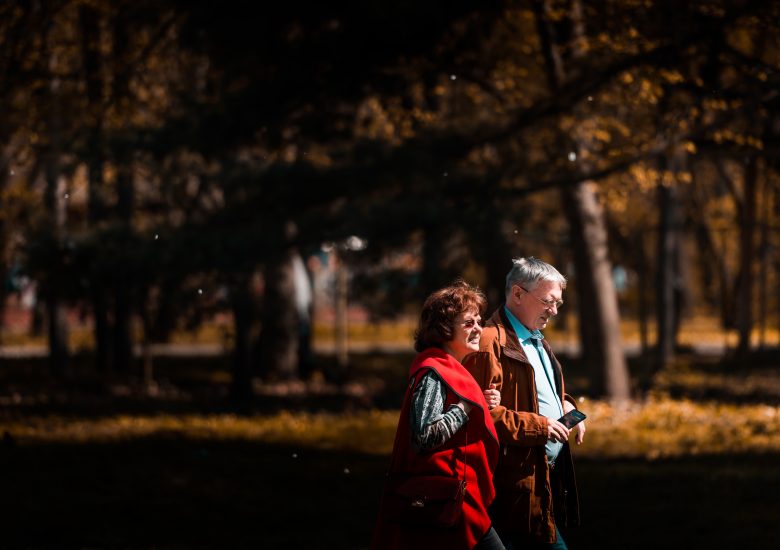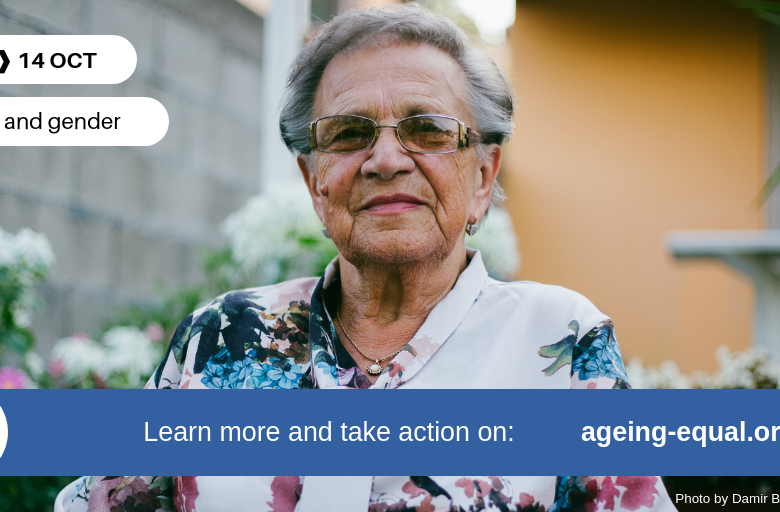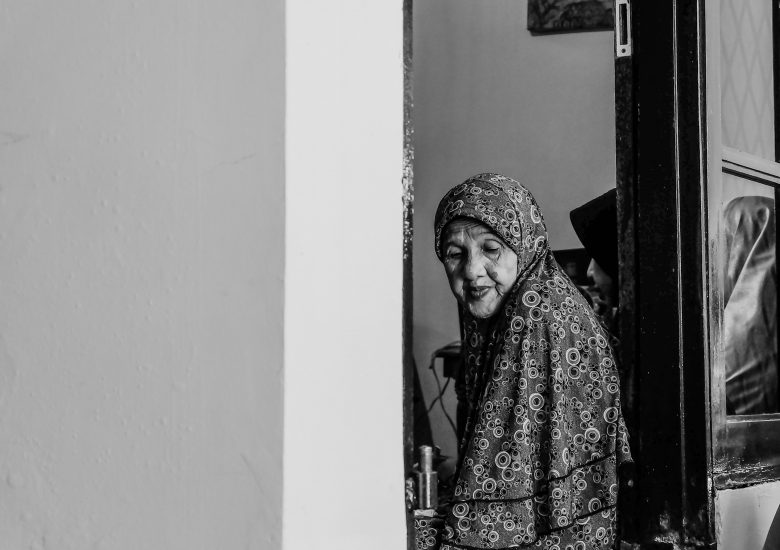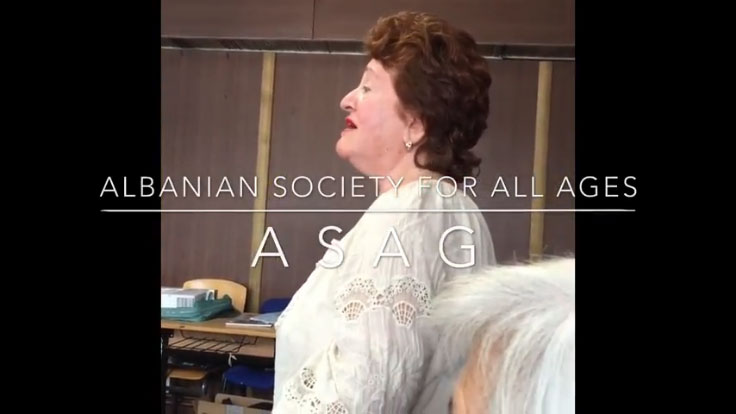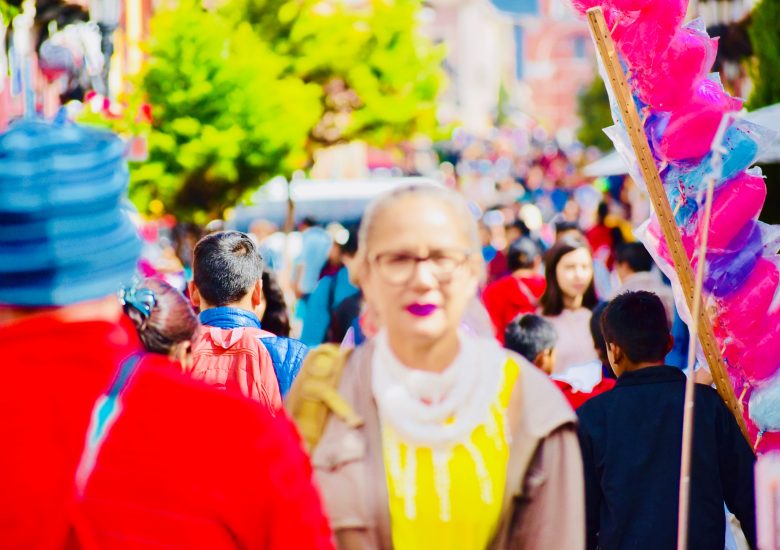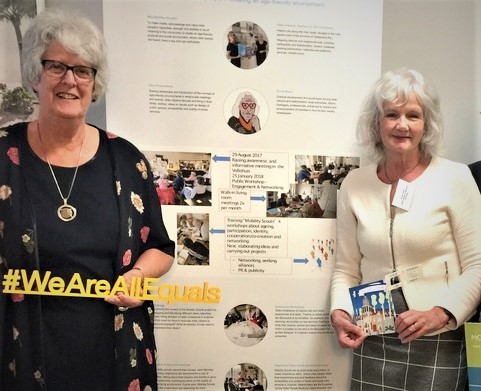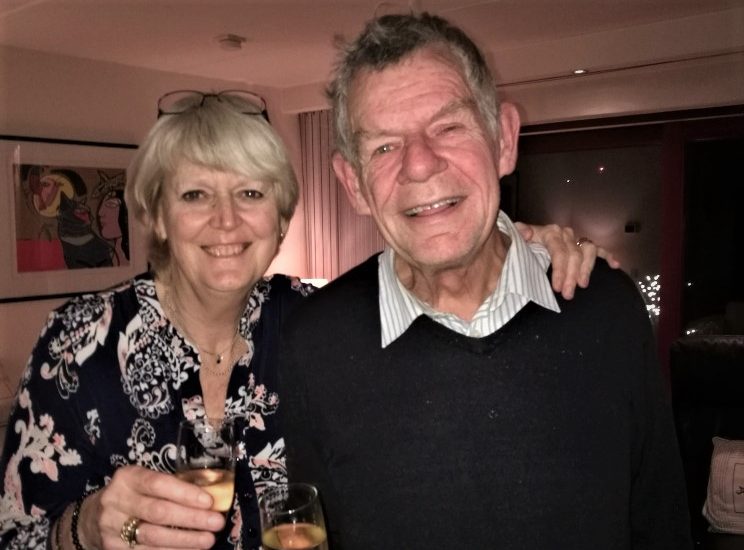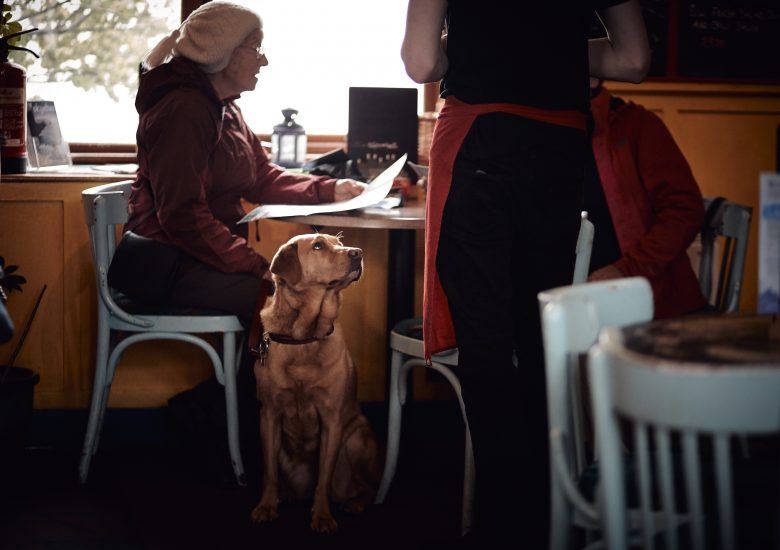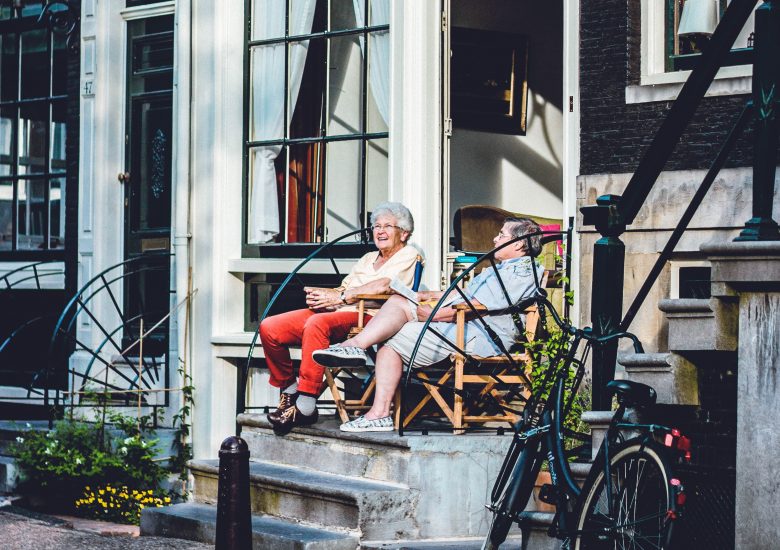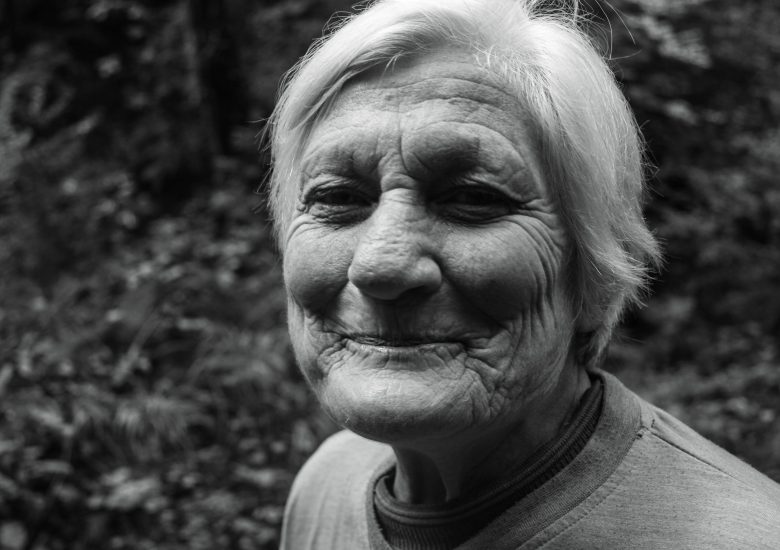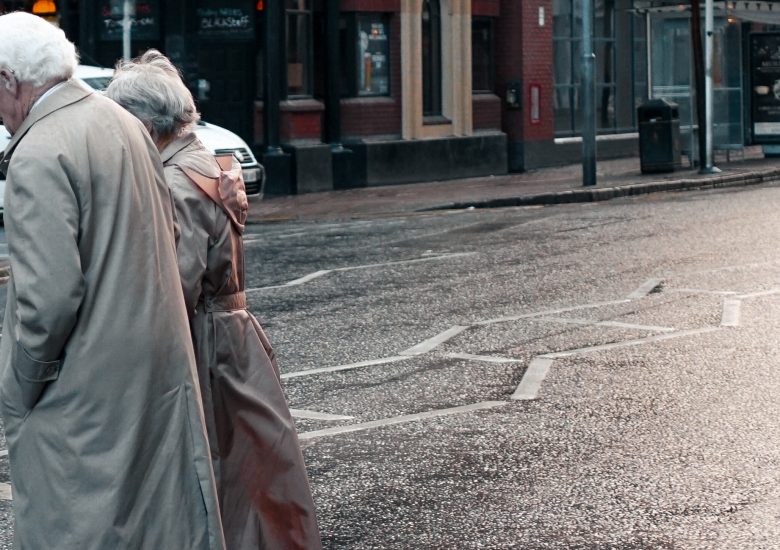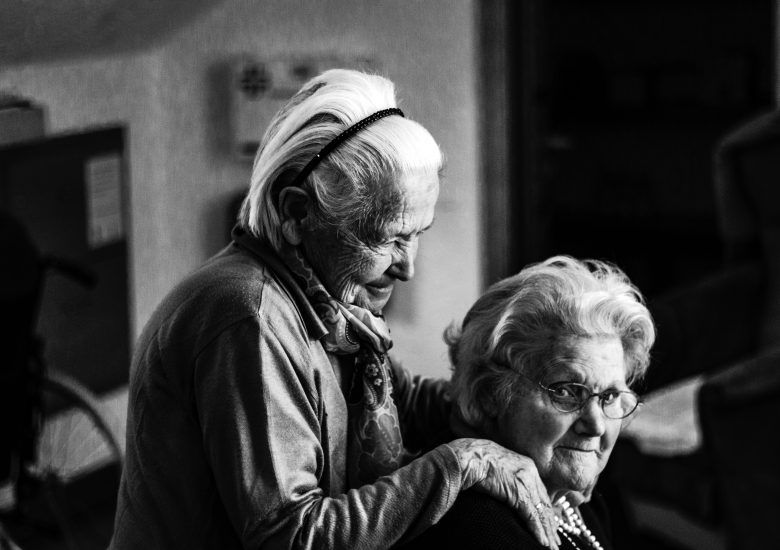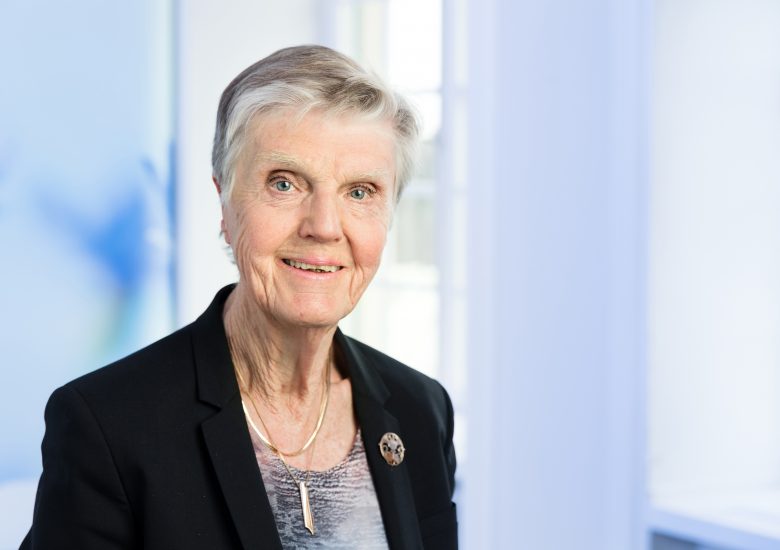According to research ageism may now be even more pervasive than sexism. Can you only imagine the devastating consequences it may be for individuals that are subject to the two?
Older women face the accumulated effects of ageism and sexism in several areas of their lives. To start, they are more likely than men to encounter ageist attitudes. They can find themselves facing dual discrimination in access to employment and pensions and to key goods and services in the health and insurance sectors. While poverty rates among men and women do not differ much during working life, the difference increases after age 65, and even more so after age 75. Reasons for this are life-long differences in pay and working time, different pension ages for men and women, and the fact that older women live longer and most often alone. Older migrant women, those from ethnic groups and Roma are at even greater risk of poverty and social exclusion.
Gender abuse and discrimination over the lifecycle lead to greater inequalities, vulnerability and poverty in old age, as several global and European studies report. The abuse and violence faced by many women in their old age is another invisible phenomenon. According to a 2011 survey conducted among 2,880 women across five European countries, 28% of older women surveyed had experienced some kind of violence or abuse in the previous 12 months. Many of them are in a situation of vulnerability and dependence, facing greater difficulties to report and seek protection from law enforcement and victim support services. They need help to make their voice heard!
But gender goes beyond the binary approach classifying individuals between men and women (usually in alignment with their sex). The European Institute for Gender Equality (EIGE) defines gender identity as the internal and personal deep feeling and individual experience of gender, which may or may not correspond to the sex assigned at birth. As many older transgender people will have felt the need to conceal part of their identity all their lives, they may find themselves in a hurry to transition after a lifetime of hiding their true gender identity.
The experience of ageing as a trans person will vary according to the age at which the person transitioned and when that was. The first generations who transitioned are now becoming older and are likely to face unique health needs. No matter the age and the year the transition took place though, transphobia remains a harmful discrimination impacting the way transgender people age. Research has shown that older transgender people’s self-esteem and mental wellbeing can be affected if they have experienced years of feeling different or rejected.
This theme discusses the intersection of ageism and gender. Read the blog posts of our partners, testimonies, and add your voice by using the hashtag #AgeingEqual or submit your own stories online.
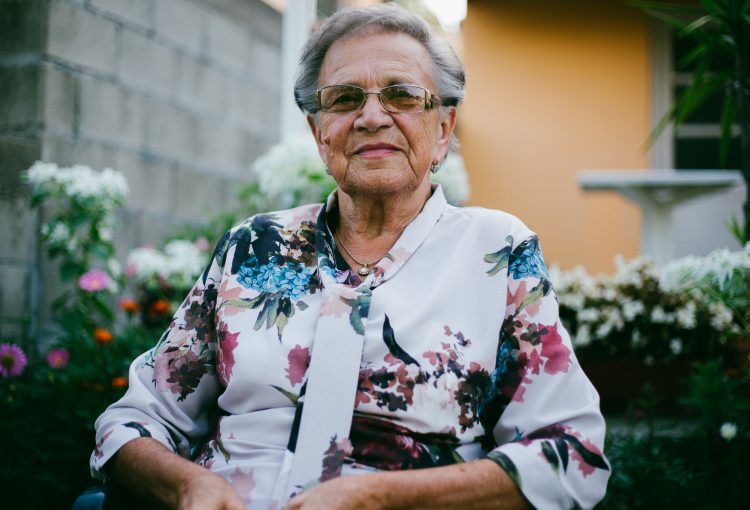
“I grew up in the 1950s/60s when careers for women were not regarded as important as marrying and although I always worked and enjoyed working, I witnessed throughout my life the various ways in which women are at the back of the queue.”
Sally, 63
“There was no way I could leave without a legal battle over the house, and my sons loved their father, the grandchildren loved him, everyone in my life knew him as well. I didn’t think I could start a whole new life, he’d always be in my life. And I was his carer.”
Marie, 68
“When I went to university I learned about transsexuals and that some of them transitioned. I brought this up with my tutors and they said: “People like you don’t do that.” They said: “Just get married and it’ll all go away.” (…) When I transitioned full-time [in 2007] we had difficulties like having the car regularly damaged and having “the trannies live here” painted on the house.“
Jenny-Anne, 70


